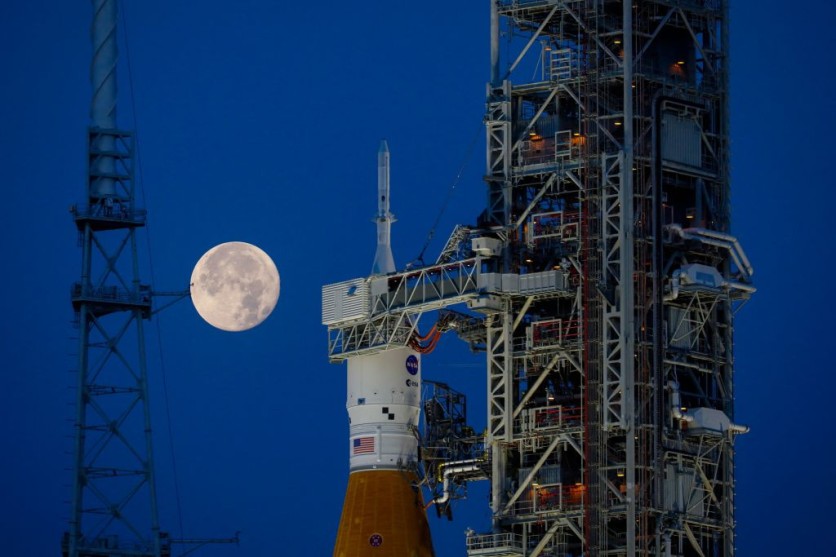NASA's Space Launch System (SLS), a cornerstone of the ambitious Artemis program, faces scrutiny over its costs and schedules, as revealed by a recent audit conducted by the US Government Accountability Office (GAO). The SLS rocket is at the core of NASA's ambitious Artemis program to establish a base on the moon.
According to the GAO report released Thursday, senior NASA officials conveyed to the GAO that, at current expenditure levels, the SLS program is "unaffordable," Space.com reported. The cost associated with the program reportedly exceeds NASA's available budget for the upcoming Artemis missions.

NASA's Artemis Mission to the Moon
Since its inception in 2011, NASA has allocated $11.8 billion towards the development of SLS. Despite several delays, the SLS rocket debuted on November 16, 2022, successfully launching the uncrewed Artemis 1 mission to the moon.
An additional $11.2 billion has been earmarked in the 2024 federal budget request for further development of SLS between 2024 and 2028. These funds are intended to enhance core stages, rocket engines, and other components aimed at bolstering the vehicle's efficiency and payload capacity for Artemis missions.
However, the audit highlighted a lack of established baseline costs and schedules for these future endeavors, a concern raised by the GAO over nearly a decade. The report claimed that NASA does not intend to track production costs to gauge the program's affordability.
While NASA's 2021 policy revision permitted the agency to adhere to five-year cost estimates post the initial demonstration of SLS capabilities, the GAO deems these estimates insufficient for long-term cost performance assessment.
The audit also pointed out that NASA has not factored in escalating expenses, such as those resulting from the delay of the Artemis 4 mission from 2026 to 2028.
While a substantial contract of nearly $2 billion was granted for the construction of core stages for Artemis 3 and Artemis 4 missions, the GAO's evaluation reveals an escalating cost trend for subsequent core stages.
It is worth noting that this is not the first instance of scrutiny over SLS costs. The GAO had previously urged NASA, as early as 2014, to outline costs associated with flying the SLS Block 1 for various Artemis missions.
Affordability of NASA SLS Program
Around the end of 2021, a report by NASA's Office of Inspector General projected that the Artemis program would involve a cumulative cost of $93 billion between 2012 and 2025.
This estimate included an approximate expenditure of $4.1 billion for each SLS launch. A considerable portion of this budget was allocated to contractor fees spanning various US states and multiple European partners.
"To improve the long-term affordability of the SLS program, NASA has developed a long term affordability and sustainability initiative. Under this initiative, officials told us that they are exploring different operating models moving forward, such as a joint venture or a consolidated contract that provides a launch services operating model," the GAO's report said.
The report further noted that the government would award a contract under a launch services model to secure contractor future launches and payload capabilities.
"In essence, NASA would purchase future SLS launches and payload capabilities from a contractor who would own, operate, and integrate the SLS vehicle. The officials told us the agency is still reviewing its future strategy in advance of releasing a request for proposals to support an eventual contract award," the GAO report added.
Related Article : NASA Artemis: Orion's Callisto Tech Demo Shows iPad Use, Alexa Voice Command Possible-Send Messages to the Moon

ⓒ 2026 TECHTIMES.com All rights reserved. Do not reproduce without permission.




